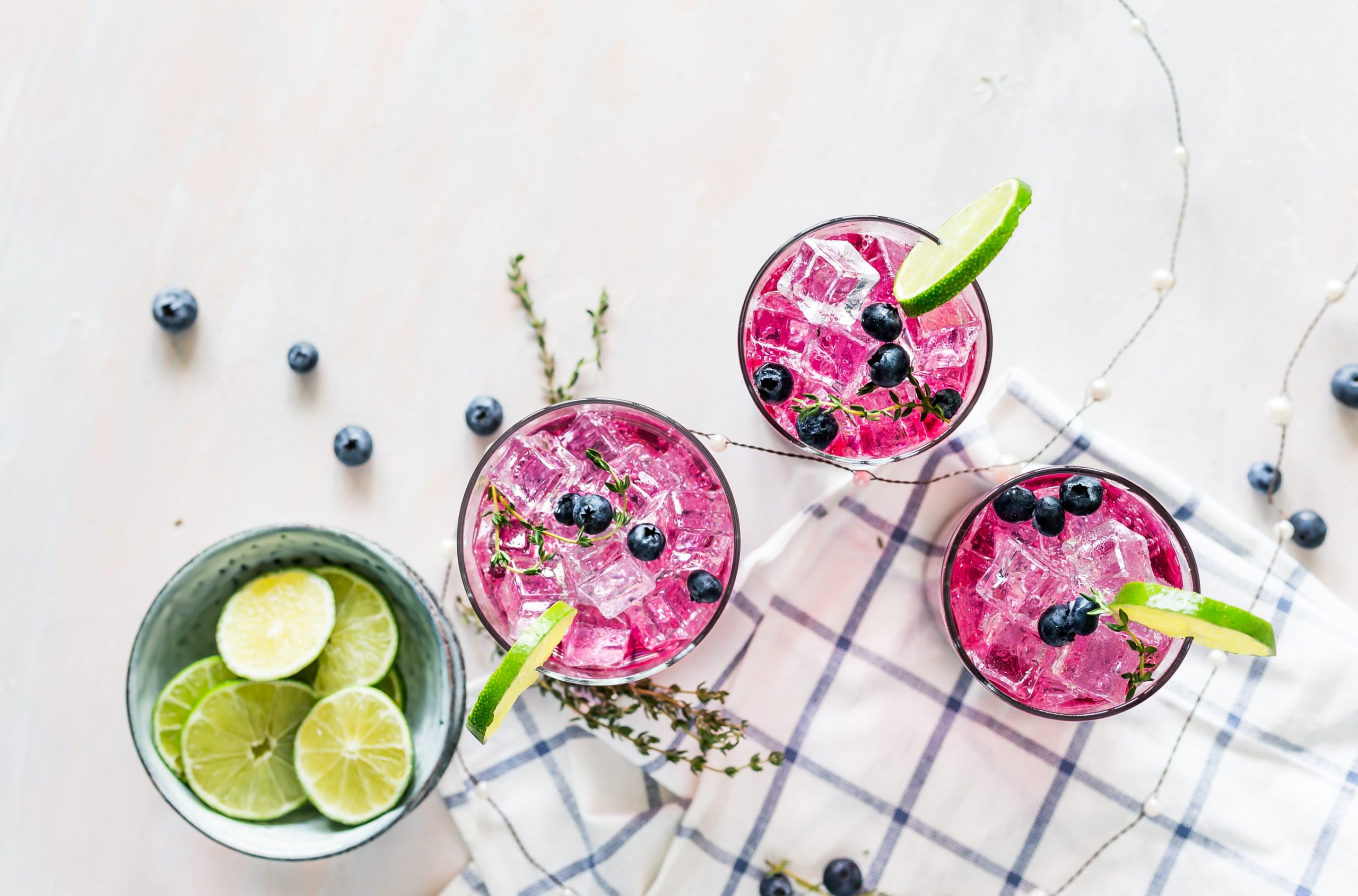Carbonated water comes in several forms, including soda water, sparkling water, and even seltzer water. But, when all is said and done, all forms of carbonated water are created when water is infused with carbon dioxide gas under pressure, causing those small and familiar bubbles to form. When this happens, the water becomes effervescent – and far more pleasing for your taste buds.
Let’s take a closer look at what makes up this wonderful bubbly beverage, and how you can carbonate water for a fun drinking experience.
Today, sparkling water is created when the combination of high gas pressure and low temperature causes carbon to dissolve in water, creating carbonic acid. When the temperature is raised, or the pressure is reduced, carbon dioxide escapes from the water in the form of bubbles.

To carbonate water, the pressure must remain
If you love the taste and feel of bubbly water on your tongue, and are trying to quit drinking sugary sodas, then you may have considered self-carbonating your water. All you really need is cold water, pressure, and surface contact to create those powerful bubbles.
If you use warmer water, you will find that the beverage will become flat much faster. That’s because CO2 molecules (as all molecules) are much more active in warm temperatures and are able to escape much easier.
To successfully carbonate water with a CO2 tank, the gas regulator valve should be set at 55 PSI, to enable the serving pressure to remain at around 12 PSI. Note that most commercial carbonated waters are only carbonated to approximately 20 PSI, which isn’t nearly enough to keep your bubbles bubbly once you’ve started pouring out and drinking your fizzy beverage.
The carbonation process also changes the taste of the water and gives it that delicious bite that many of us love. This bite is caused by the acid when the carbon dioxide dissolves in the water and then reacts with it forming carbonic acid.
Although this type of acid is weak, it is an essential part of the carbonation process and is how we get that fizziness and that bite we crave.
First, you’ll need some carbon dioxide
Carbon dioxide is a colorless, odorless, and incombustible gas that’s one of the most abundant gasses present in our atmosphere. It exists in solid, liquid, or gaseous states and is used in many chemical processes, including for refrigeration and cooling. Bubbles are created when CO2 is forced into your regular still water under pressure.
Modern Marvels: How Does Carbonation Work? | History
FAQ
Is seltzer healthy as water?
How do they make seltzer water?
What is the difference between sparkling water and seltzer water?
Is seltzer water made with distilled water?
How is seltzer water made?
Seltzer water is made by infusing flat water with carbon dioxide. The result is a clean tasting effervescent beverage that is ideal to blend with flavors like berries or citrus. You should try to keep in mind that flavored seltzer water tends to include citric or phosphoric acid which has been shown in some studies to erode teeth over time.
Where does Seltzer come from?
Seltzer originated in Germany, where naturally occurring carbonated water was bottled and sold, before taking off in the United States. Unlike club soda or seltzer, sparkling mineral water is naturally carbonated. Its bubbles come from a spring or well with naturally occurring carbonation.
Can you use filtered water to make seltzer water?
So, you can use whatever filtered or mineral water you prefer. There are several ways to make your own carbonated water. Relatively recently, a modern soda water maker has come on the market. It’s known as a SodaStream. The SodaStream is an attractive and convenient way to make seltzer water.
Is Seltzer a mineral water?
These include potassium sulfate, sodium chloride, disodium phosphate, and sodium bicarbonate. Seltzer is made similarly to club soda but generally doesn’t contain added minerals, giving it a plainer taste. As for sparkling mineral water, its mineral content depends on the spring or well from which it came.
